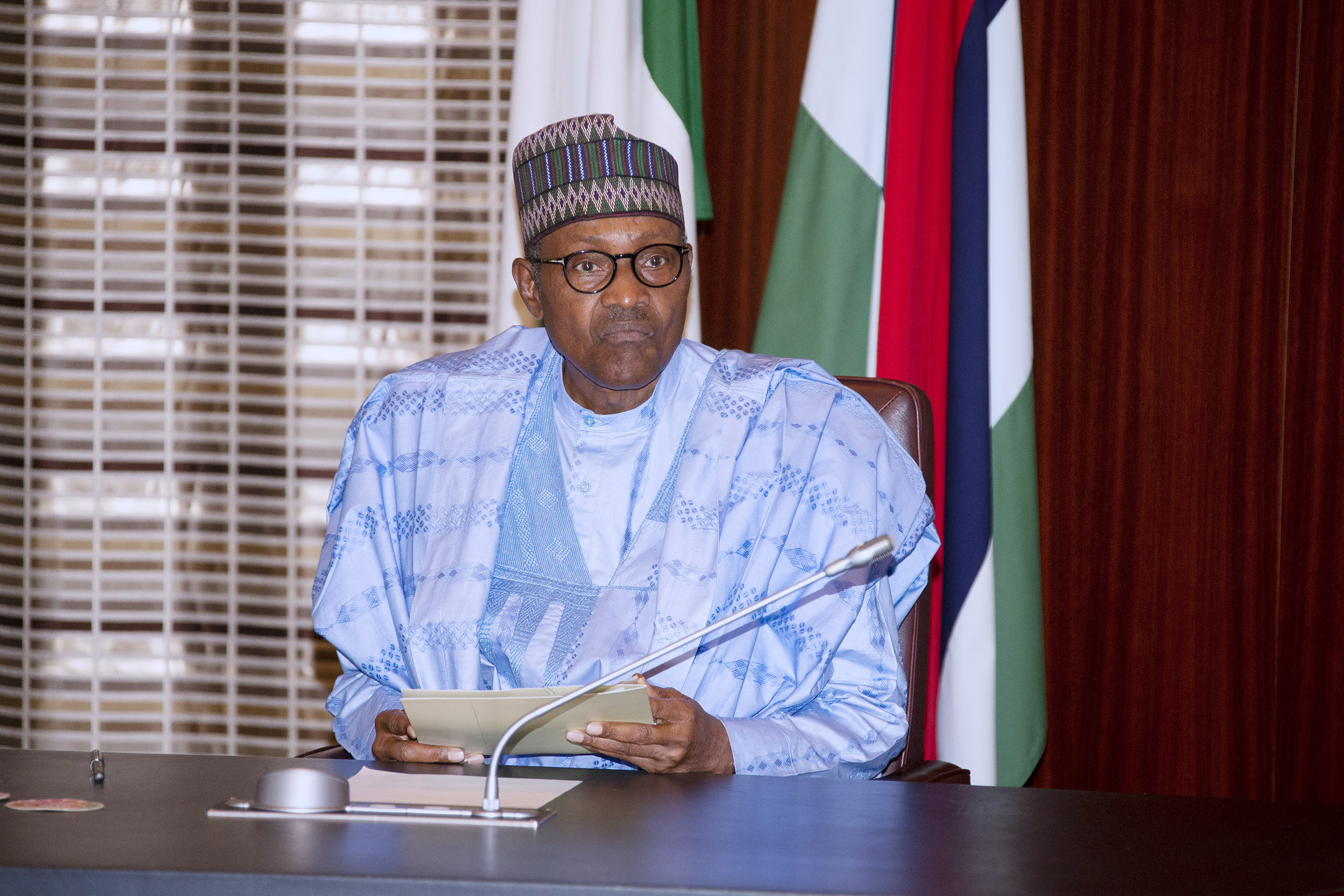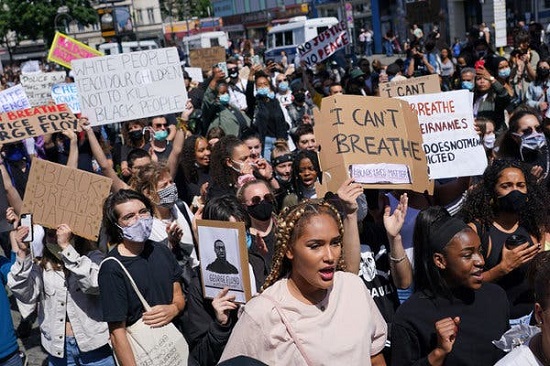On April 21, 2020, and for a couple of days thereafter, my article, “Re-introducing the Lugano Report”, appeared in the media and on discussion platforms. The content of the piece is what the title indicates: a repeat introduction to readers, particularly from the Nigerian Left, of a book I had previously introduced under a different rubric.
The earlier introduction of the quasi-fictional book, “The Lugano Report: on preserving capitalism in the 21st century”, written by Susan George, was published about a decade ago. In re-introducing the book I proposed that Nigerian Leftists “ought to search out and read or re-read this book either now or as soon as this grave global danger to humanity and human existence – the CoronaVirus – is over.”
Why the re-reading? Because “the task before the global Left and the Nigerian Left is to become more conscious of how doubly endangered humanity as a whole and its segments – including Nigeria – have become under global capitalism. Humanity’s double tragedy is that the global social forces responsible for this tragedy are also the selfish and corrupt forces in power and directing the solution!”
My article ended on a note of optimism and exhortation to the Left: “Humanity will survive this pandemic as it survived others before it. But the Left and all anti-capitalist forces should determine that global capitalism, together with its regional and national segments, will not be allowed to reconstitute its pre-pandemic political hegemony when all this is over.” Thus, I started my article with focus on the Nigerian Left, but ended it on the global plane. Readers should, please, note this.
Advertisement
On May 22, 2020, a month after my article appeared, a piece titled “To Madunagu on the Lugano Report” came out in The Guardian. It was written by the paper’s Associate Editor, Omokioja Julius Eto. On reading and re-re-reading Eto’s article, I could see that he was not directly responding to my article, at least not in his piece published in The Guardian. Rather, as I felt, he was provoked or inspired by my article to share his strongly held views on a broad, historically-determined range of issues of mutual interest to him and to me. These issues include: global exploitation, oppression, discrimination, social injustice, racism and imperialism. In his article, Eto copiously quoted Biko Agozino, a professor of Sociology who, like Eto, is a member of the respected “Africa-USA Dialogue Series” platform.
However, whereas in his article, Eto approached the subject of our mutual interest from the Pan-Africanist perspective (where Pan-Africanism may be briefly introduced as a “movement, founded around 1900, to secure equal rights, self-government, independence and unity for African peoples”), I have been doing so from the Marxist perspective. And on account of my perspective, I have, from time to time, posed the question sharply as “capitalism versus socialism”. And to remove all ambiguities or doubts, by “socialism” I mean “anti-capitalist socialism”.
I also believe, as Samir Amin affirmed long ago, that Marxism is essentially the social science of socialist revolution. And finally, along this line of thought, I believe that Marxism, as defined here, will become largely superfluous, if not obsolete as soon as socialism is realized on a global level. (Please, note that in its original sense, the term “socialism”, understood in the Marxian sense, can be used interchangeably with “communism”. Eto implicitly did this in his piece, and I love it).
Advertisement
The preceding paragraph is my first clarification. The second clarification is this: I have been engaging the Nigerian Left from the Marxist perspective on the triple question of popular democracy, workers’ power and socialism in Nigeria and globally. In particular, I have been urging the Nigerian Left to raise the level of its organization to reflect its current responsibility to the working and exploited masses of Nigeria.
As I said earlier, my Pan-Africanist compatriot, Julius Eto, did not, in his article, “To Madunagu on the Lugano Report” directly address the issues I raised and the propositions I presented in my earlier article, “Re-introducing the Lugano Report”. I have even been tempted to believe that both he and Biko Agozino were not patient enough in reading my article. But since a number of statements in Eto’s article are of public interest and also of immediate relevance to our common interests, I shall briefly respond to them in broad terms. And my response will be summarized in two points of further clarification: one theoretical and ideological, the other practical and political.
My first point is this: Although it is possible to de-couple a political ideology into its constituent elements – called ideological elements – a reverse process is a “hard nut to crack” in the sense of not being capable of yielding a complete or coherent or even intelligible statement, talk less of restoring the original ideology. This is because an ideology is not the arithmetical sum of its constituent elements – just as a wall is not the sum of the blocks used in building it. There are critical (though, in places, intangible) links and connecting glues that are lost when an ideology is being decoupled. It is the building blocks plus these links and connecting glues – rather than the blocs alone – that give an ideology its logic, shape, strength and uniqueness.
When two different ideologies, such as Marxism and Pan-Africanism, are broken down, we may find that some or several ideological elements are common to both ideologies. That is what makes political collaboration or alliance potentially possible. However, what is crucial is the place and role of a particular ideological element in the ideology into which it is fitted. For instance, “anti-racism” appears as an ideological element in both Marxism and Pan-Africanism but they play different roles and carry different imports and implications in these different ideologies.
Advertisement
My second concluding point is this: In the central part of his article, Eto said: “As noted in my contribution on this issue (the issue of the “Lugano Report” – EM) to the USA Africa Dialogue Series, individual African nations alone, in their present small sizes, cannot survive even if they all become communist/socialist because they will still be susceptible to manipulation by the dominant political powers (Russia, USA, China, EU etc). I also stressed that all communist/Marxist theories become practically limited when applied to Africa if the continent remains fragmented. All black intellectuals and some enlightened politicians know this truth, though it is bitter to some of the selfish ones and agents of capitalist and communist imperialism”.
My response here is a promise to my compatriot, Julius Eto. And the promise is that I shall discuss, in not too distant future, the concerns he raises here under the long-standing revolutionary Marxist thesis on the challenges of building socialism in a single country or even in a combination of countries – as long as capitalism dominates globally. I shall also show that the “anti-racism” and “revolutionary internationalism” to which I subscribe, as a Marxist, subsume some of the concerns of Pan-Africanism. Finally, I shall show that though Marxism, as a living, fighting ideology of liberation is strong and resilient, it is not, and cannot claim to be, and does not need to claim to be “pure”, “infallible” or “monolithic”.
Finally, the opening sentences of Biko Agozino’s statement – which Eto quoted in his (Eto’s) support read: “What you (that is, Eto) identified is the weakness of national Left groups in Africa. Comrade Madunagu is directing his challenge to the Nigerian Left but relatively left out the Pan African Left. Meanwhile, the Lugano Report was pitched at the global level and not at the micro-national level because capitalism is a global mode of production.” I give two short responses here. One: Agozino and Eto may need to re-read my “Lugano” article or go back to the first three paragraphs of the present article to realize they had not been patient in reading me. Two: The Marxist goal is global socialist revolution, but I have to engage the struggle here or anywhere history places me – provided, always, that my perspective is global.
Madunagu is a mathematician and journalist. He writes from Calabar, Cross River state.
Advertisement
Views expressed by contributors are strictly personal and not of TheCable.
Add a comment







